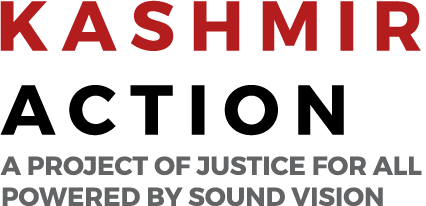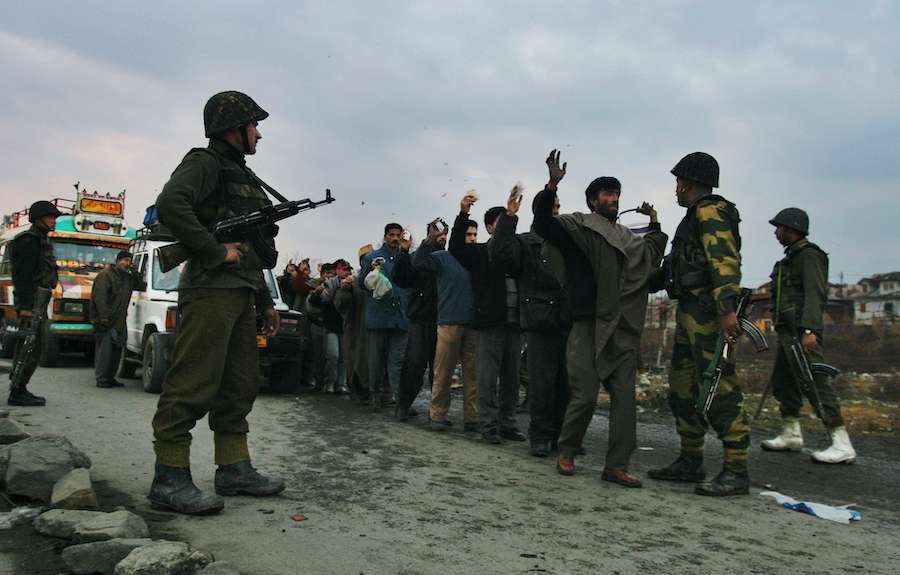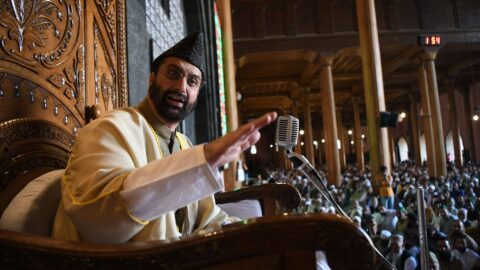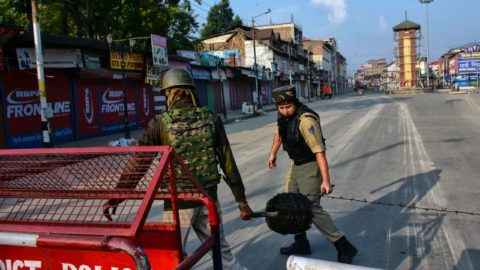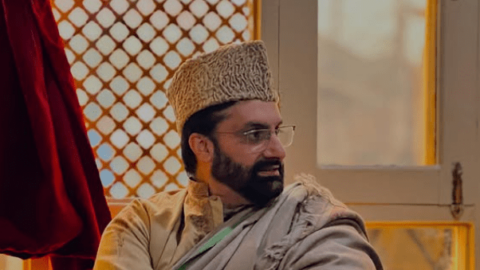On December 27th, Mirwaiz Muhammad Umar Farooq, was barred from leaving his house to lead…
India continues banning socio-religious and political organizations in Kashmir
On 29th February, the Home Ministry of India declared both factions of Muslim Conference, a nonviolent pro-freedom political organization in the Kashmir valley, headed by activists Prof. Abdul Gani Bhat and Ghulam Nabi Sumji respectively, as unlawful associations under the infamous Unlawful Activities (Prevention) Act.
According to the notification of the Home Ministry, the Muslim Conference has been indulging in “unlawful activities”, which are prejudicial to the “integrity, sovereignty and security of India”. The notification further stated that the members of the organization were involved “in generating feelings of hatred and disaffection against India to separate Jammu and Kashmir from India”.
Both the organizations advocate Kashmiri right to self-determination, as sanctioned and promised by the United Nations. They also maintain that Kashmir is not an integral part of India, but instead view it as a disputed territory, as asserted by the multiple United Nations resolutions.
The banning of such organizations by India has been exponentially and systematically growing. Two days earlier, on 27th February, the government of India announced the extension of ban on socio-religious organizations called Jamaat-e-Islami (JeI) by another five years. This is despite the fact that the JeI focuses largely on welfare and educational activities. Many leaders of the organization are in illegal detention currently for their alleged support for Kashmiri right to self-determination.
Other prominent banned pro-freedom organizations include Jammu and Kashmir Liberation Front, Dukhtaran-e-Millat (an all women’s organization), Jammu and Kashmir Democratic Freedom Party, and Muslim League. After the ban, the Indian state initiates the mass-incarceration of members of these organizations, confiscation of their properties and offices, and intimidation of their sympathizers.
